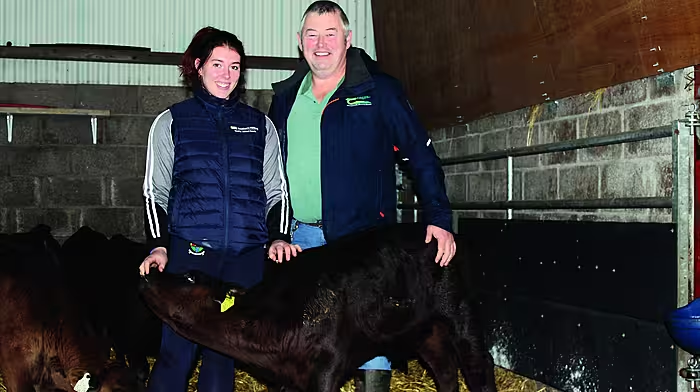When Simon Coveney took over what was previously the Department of the Environment and it was renamed the Department of Housing, Planning and Local Government, there was outcry that the word environment had been dropped and had not been included as part of the name of any other department either.
WHEN Simon Coveney took over what was previously the Department of the Environment and it was renamed the Department of Housing, Planning and Local Government, there was outcry that the word environment had been dropped and had not been included as part of the name of any other department either. It was strongly felt by environmental groups that it should be included in the title of Minister Denis Naughten’s Department of Communications, Climate Change and Natural Resources.
A petition of 13,000 signatures, calling for Taoiseach Enda Kenny to reverse his decision to abolish the Department of the Environment, made when he announced the new ministerial line-up last month, was collected and presented to the government in advance of World Environment Day on Sunday last.
The five main organisations behind the petition were VOICE, BirdWatch, An Taisce, the Irish Wildlife Trust and Friends of the Earth, and they had a number of high-profile personalities, such as Darina Allen, Eanna Ní Lamhna and Duncan Stewart, talking up their cause. They were seeking to have the Department of the Environment restored with responsibility for all environmental functions which are now spread across three Departments and proposed a straight swap between Denis Naughten and Minister for Regional Development, Rural Affairs, Arts and the Gaeltacht Heather Humphreys of the communications and heritage divisions so that Naughten would become Minister for the Environment, Climate Change and Natural Heritage and to ensure joined-up thinking on environmental matters.
As if there wasn’t enough confusion with all the changing of the ministerial portfolios, the compromise the government came up with was to rename Denis Naughten’s department as Communications, Climate Action and Environment. All the changing of government departments’ stationery will certainly not do much for the environment and a lot of new trees will have to be planted to offset its effect.
While there has been a broad welcome from the Environmental Pillar, which is made up of 28 Irish national environmental NGOs, for the restoration of environment into a the title of a department, they have expressed reservations about the decision to leave the National Parks and Wildlife Service (NPWS) in another department because it is feared that it could lead to the conservation of wildlife and habitats falling off the political agenda. They also reiterated their concerns about the splitting of environmental functions across three departments.
Under the current arrangement waste, water and wildlife are split across three departments and the Environmental Pillar feels this could lead to a disjointed approach to protecting the environment. While it is doubtful that one department could handle such a wide brief, it behoves the various ministers involved to work closely together so that decisions they make in their respective areas are consistent with wider environmental concerns.
Now that the environmentalists have been placated somewhat by the restoration of the word environment in the name of a government department, it will mean absolutely nothing unless it is backed up with urgent action to start tackling the problems causing man-made global warming that is leading to climate change. These need to be practical steps that everybody can buy into and it was heartening to hear Denis Naughten stating at the opening of the International Energy Workshop 2016 in Cork last week, that its themes – policies, pathways, and people – reflected his own concerns as Ireland’s first minister for climate action.
The minister elaborated that we, first of all, need to get people to agree the basic principles of what needs to be done, adding that we cannot expect to deliver on these goals unless we bring the people with us through practical pathways so that we can we move the climate change agenda towards a decarbonised future – something that we signed up, to under the principles of the Paris Agreement on Climate Change last December, to delivering by 2050 for ourselves and for the wider world.
His worthy sentiments now need to be backed up with urgent action, as Ireland has already fallen behind in trying to achieve its EU targets for the reduction of greenhouse gas emissions up to 2020. The decarbonisation agenda needs to be put firmly across to the people as a series of tangible steps that they can help achieve through specified practical actions.









